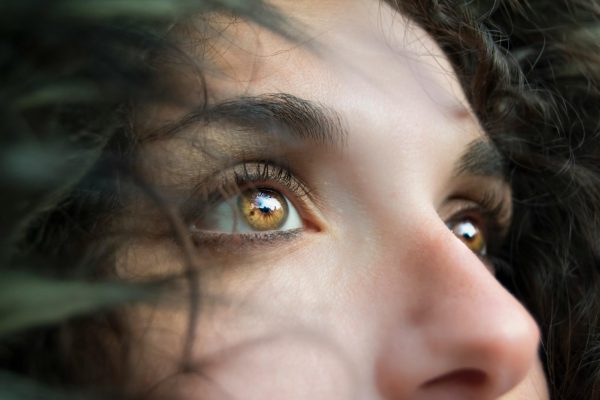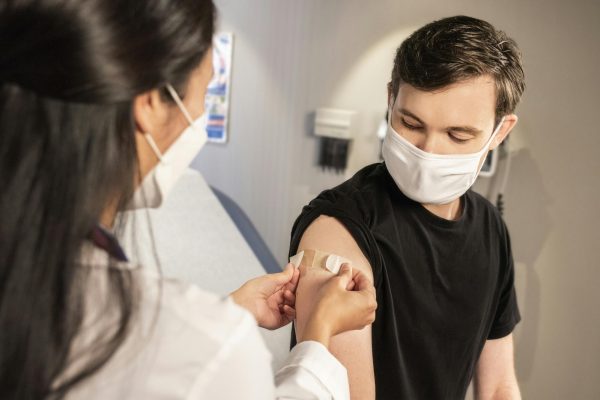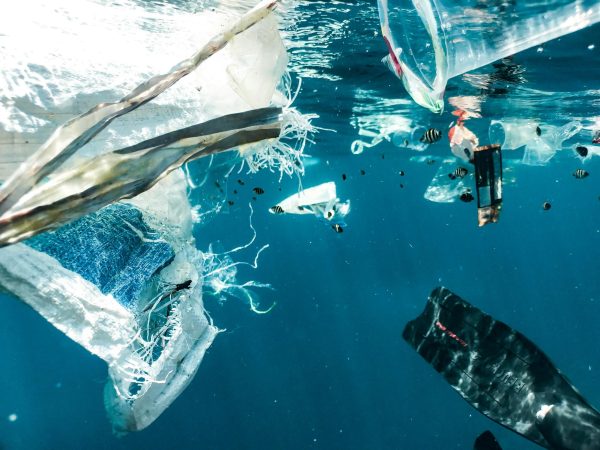Genetically Enhancing Babies, an Ethical Argument
A lot of us wonder what genes we have received from our parental units. Well what if you are a child that has genes that don’t link back to either of your parents? This could be our future.
Genetic research is becoming more prominent in the 21st century with newer technology being released and better means of research. This has been in studies like the Human Genome Project where researchers mapped out our genes to understand all of the genes in human beings. In that study it concluded that there are approximately 20,500 human genes. The bigger question is can we actually manipulate genes?
Genes can be manipulated in different scenarios like during pregnancy and in our environment such as our experiences and any trauma that we have faced. In China researchers have created the first genetically modified babies. The first twin girls who had their DNA modified to prevent HIV infection. DNA alteration is already banned in many countries, because future generations can be impacted by the alteration and it could have unforeseen issues with their gene pool.
Although scientists who have participated in the experiment have claimed that the “twin girls are just as healthy as the babies who aren’t genetically modified” it still raises concerns considering that we won’t know how the change in their gene may impact the twin girls or future generations of their families.
Going back to the idea that genes can be altered by our environment, the twin girls would have to remain in a laboratory and not get the chance to experience the outside world. My personal opinion is that we should not mess with nature and especially with our genes. Our genes are what makes us different and that by altering that there could be issues in the future in terms of that person’s health or even their children’s health.
So, if given the choice to alter our genes or our children’s genes, would you consider it?








